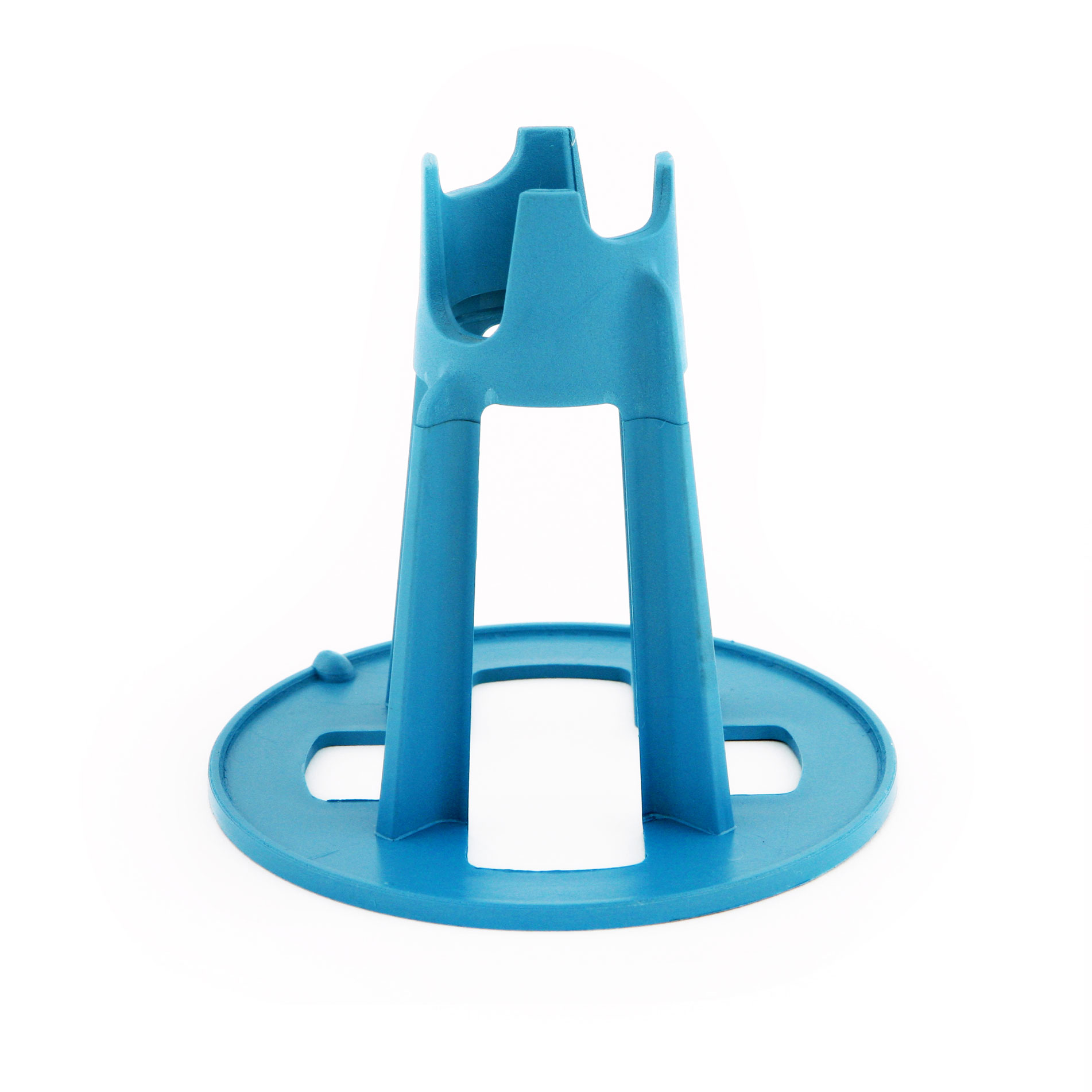The Importance of Tool Makers in the Production of Quality Plastic Products
31 March 2016
The provision of an exactingly designed geometrical profile is the heart and soul of any competitive plastic injection moulding company. There’s the raw idea that forms a vague concept. The concept rolls through a series of prototyping stages and gains momentum before entering a CAD program as a nascent product, something that has a precise form within a computer but no real physical shape just yet. In order for that product to be properly realized, the mould has to be produced, but plastic products must remain consistent across the production run, meaning tool makers have a duty to ensure the instruments of the trade are operating as designed and always at their best.
Tool Makers are Product Shapers
What we’ve perhaps forgotten to mention up until now is the level of flexibility that accompanies the plastic moulding profession. Engineering plastics are sourced for their ability to withstand shock and defeat abrasive influences, but then there are other matters to occupy the design team. There’s the question of a short run or a full production cycle. Prototyping occupies a significant part of the work, meaning the tools aren’t even allocated for a full volume production cycle, not when the engineering heads are still working on the fine details. The devil is in the details when it comes to these plastic products, and optimal tooling configurations must be in place before production begins.
The Importance of Tooling Work
A custom-designed product depends on specialty tooling services, the highly complex manufacturing-grade work that can come only from schooled individuals who are grounded in engineering design work and journeyman-specific mechanical principles, including but not limited to tooling fabrication, CNC (Computer Numerical Control) principles, and any other disciplines that aid in the translation of digitally realized construct into real world products. The tooling in question matches both client demands and injection mould specs, which means the parameters have been set in the tool room and incorporated into the injection cycle, but they’re still very much open to the customization configuration set in place by the customer. In other words, tool makers are quick to adapt and make changes while maintaining the dimensional accuracy of the plastic products under their domain.
There is no one station in the injection moulding facility that’s less important than its neighbour, but the tooling work mirrors the quality of the product and adds a necessary amount of versatility, a flexibility factor that mirrors the pliability of plastic itself.
Optimized by NetwizardSEO.com.au

